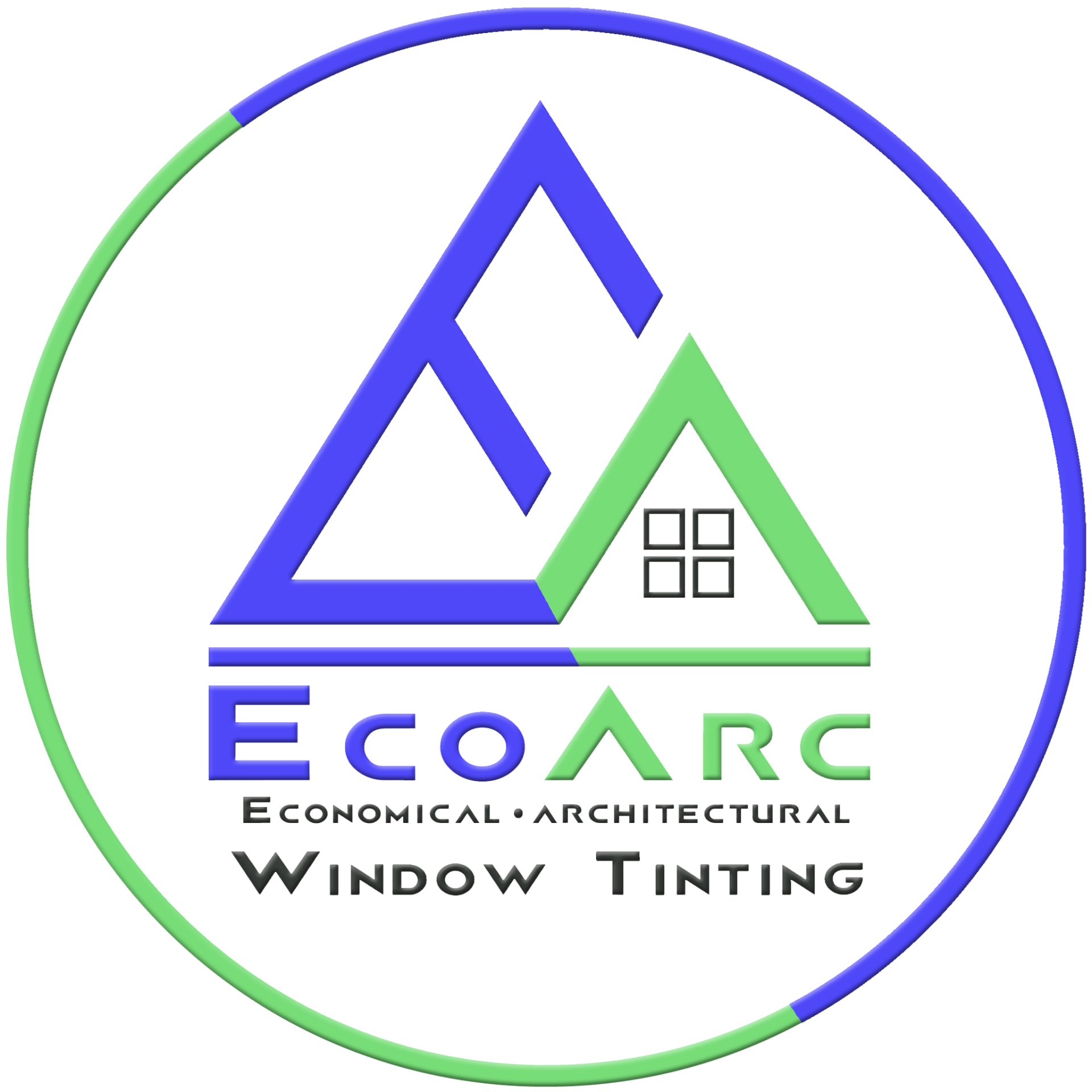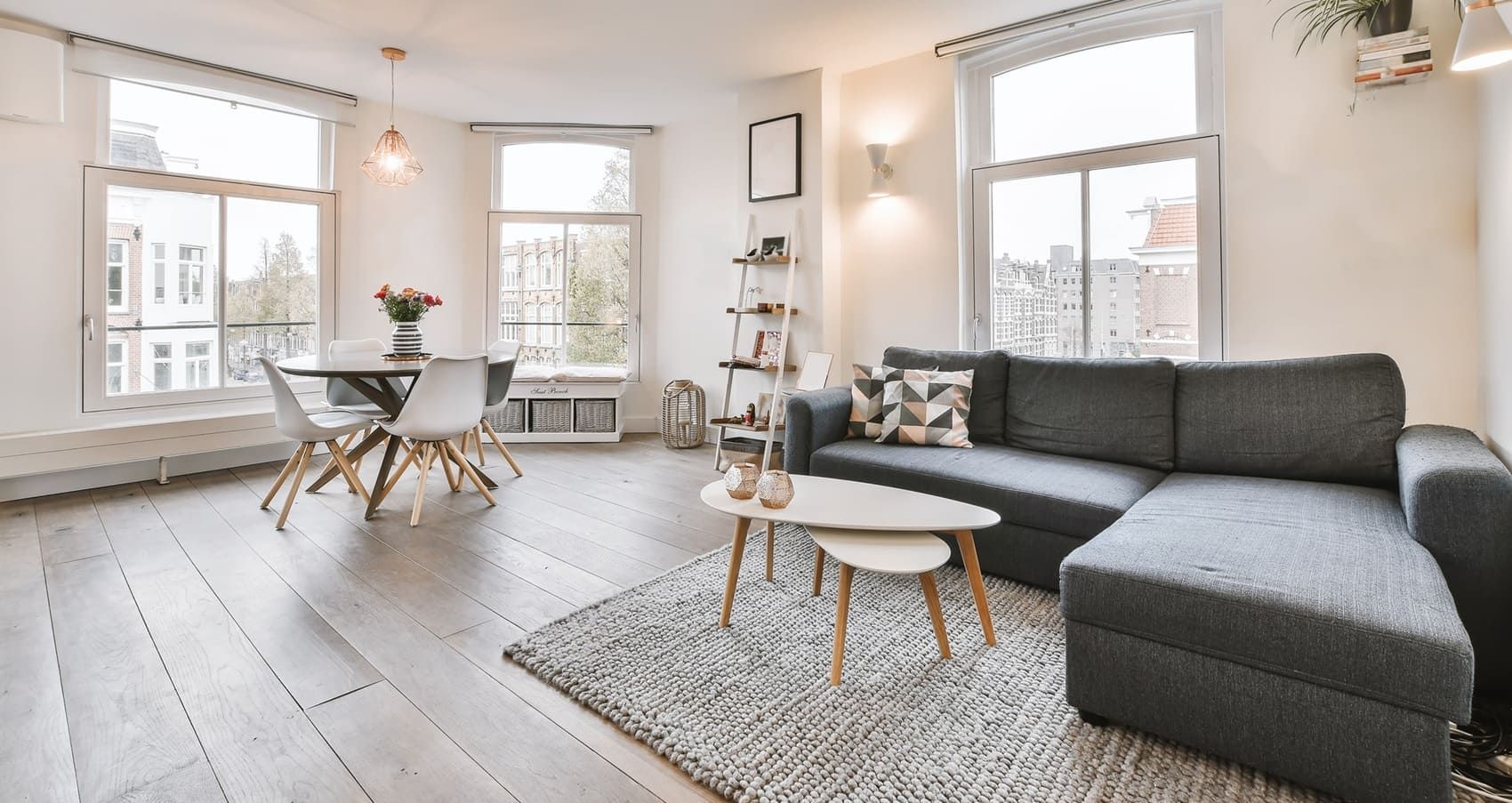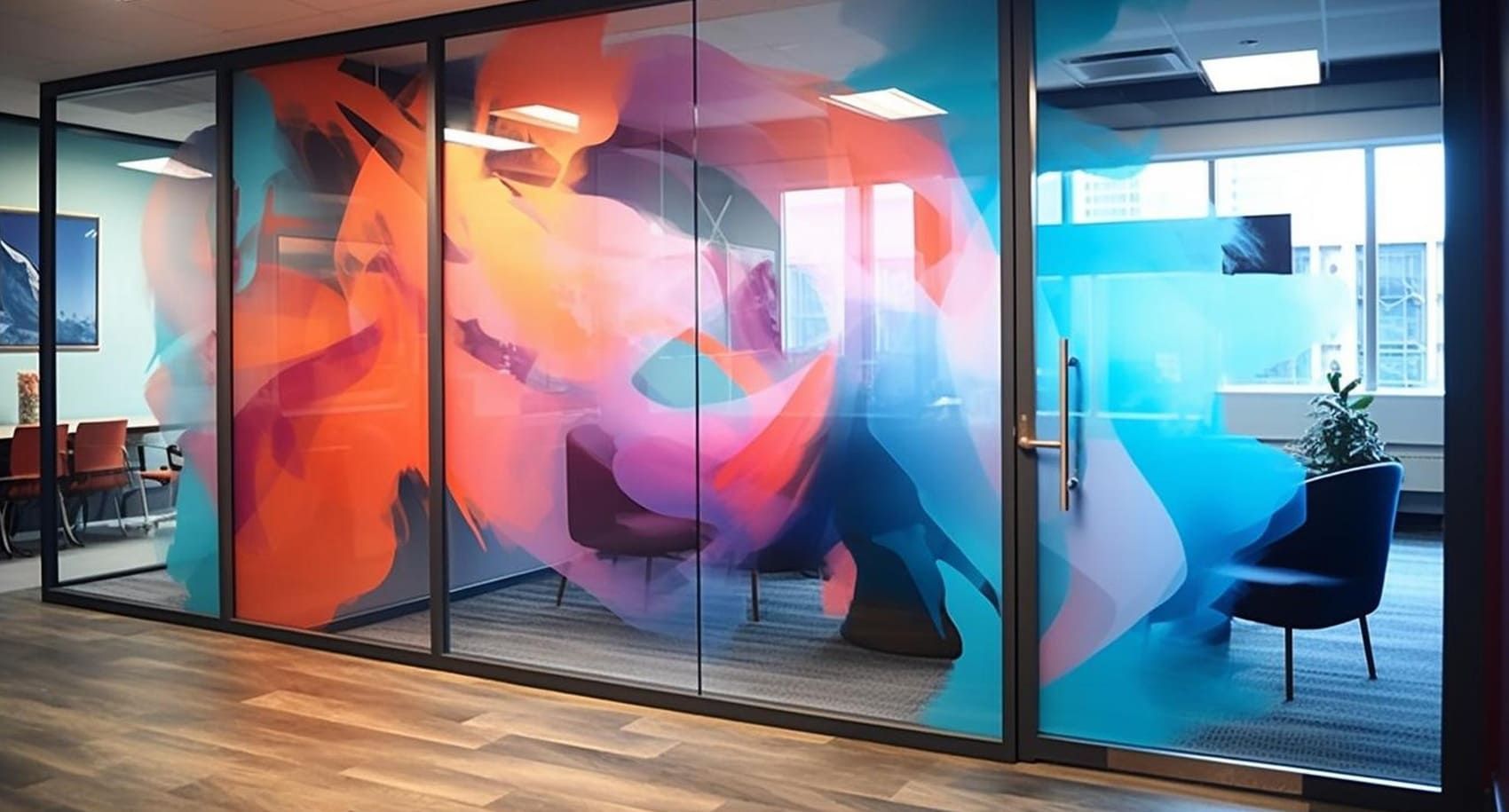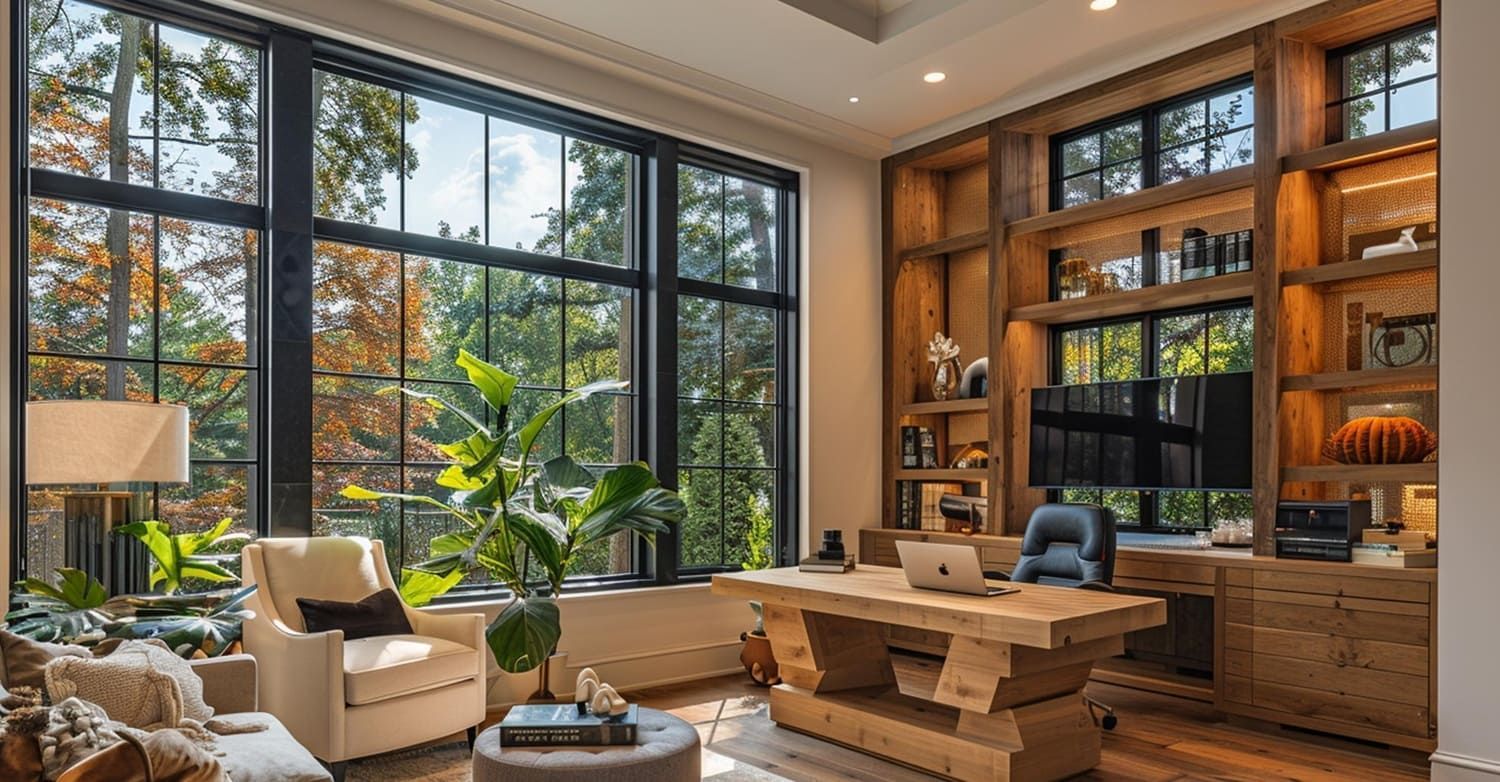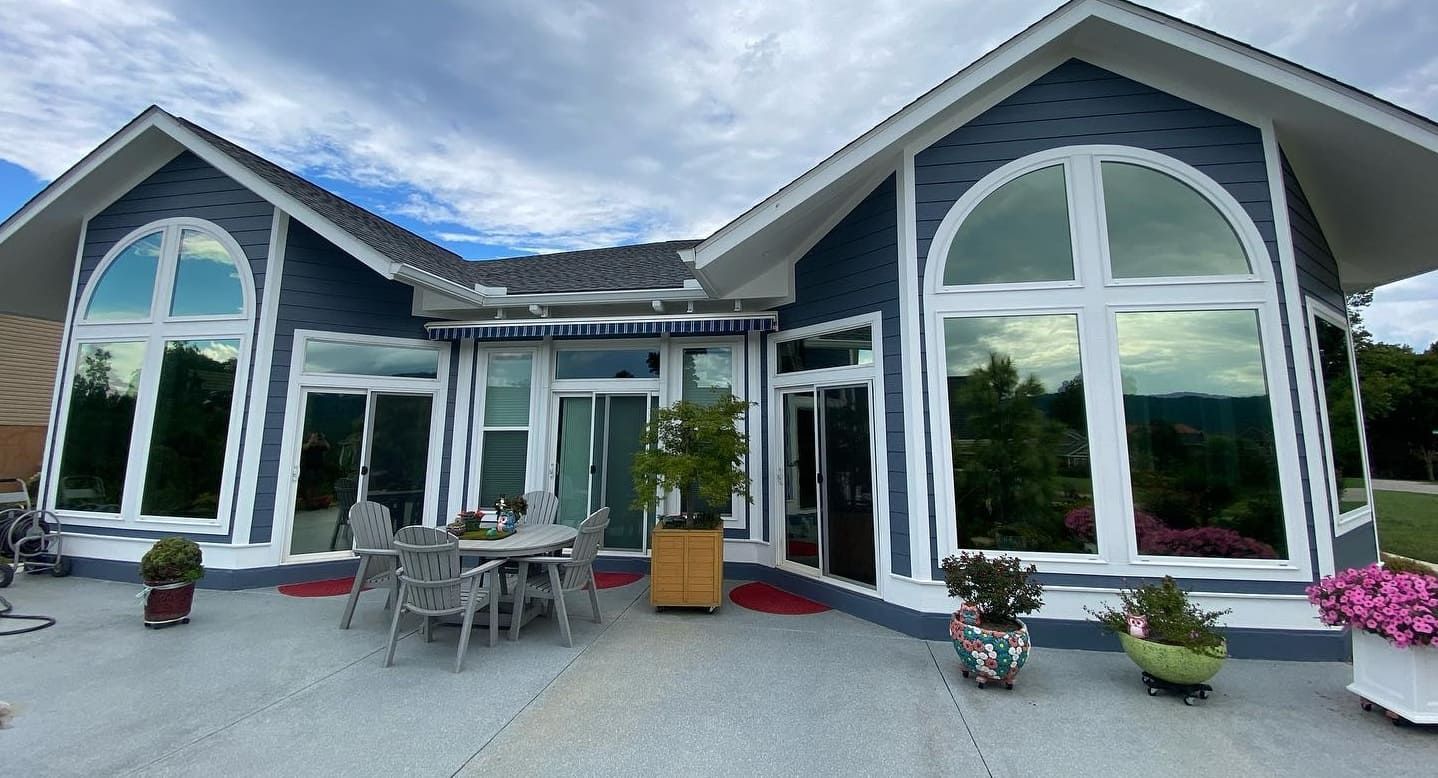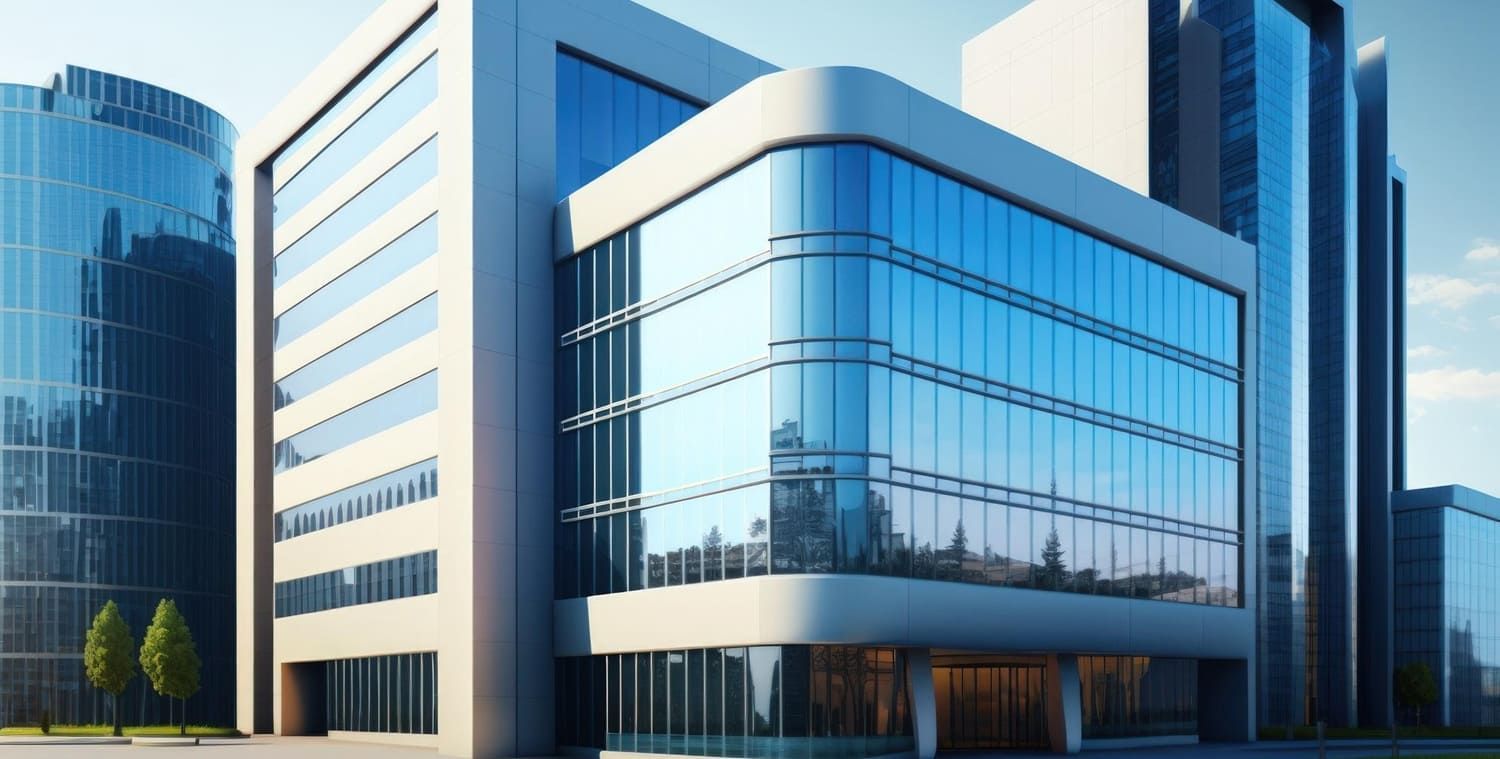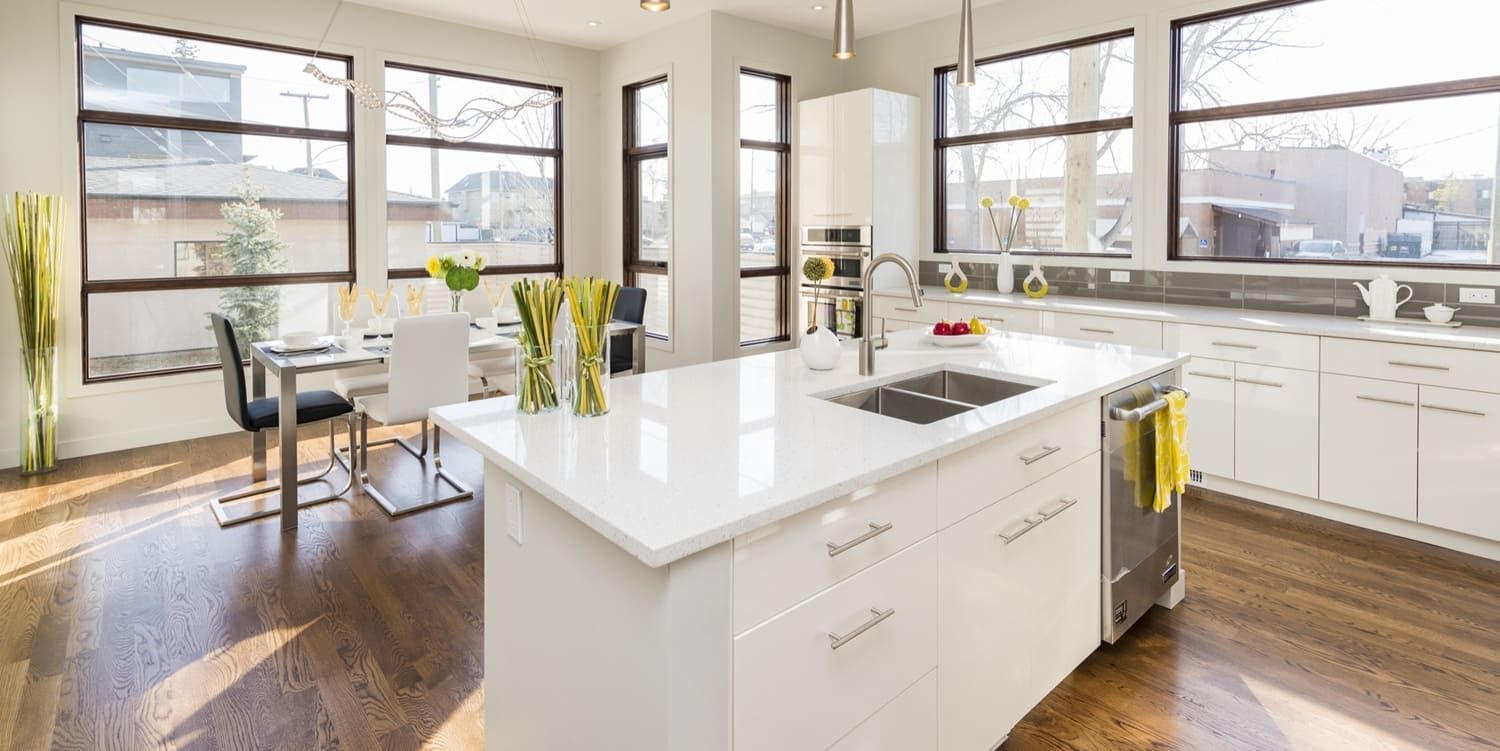Window Tinting for Schools, Clinics, and Offices
Window tinting is a strategic investment for schools, clinics, and offices seeking to improve energy efficiency, enhance health and safety, maintain privacy, and reduce glare. This guide provides an overview of the benefits and types of window films available, how to choose the right solution, the installation process, cost estimates, and real-life examples. By understanding these factors, institutions can increase comfort and productivity while reducing energy costs and improving their indoor environment.
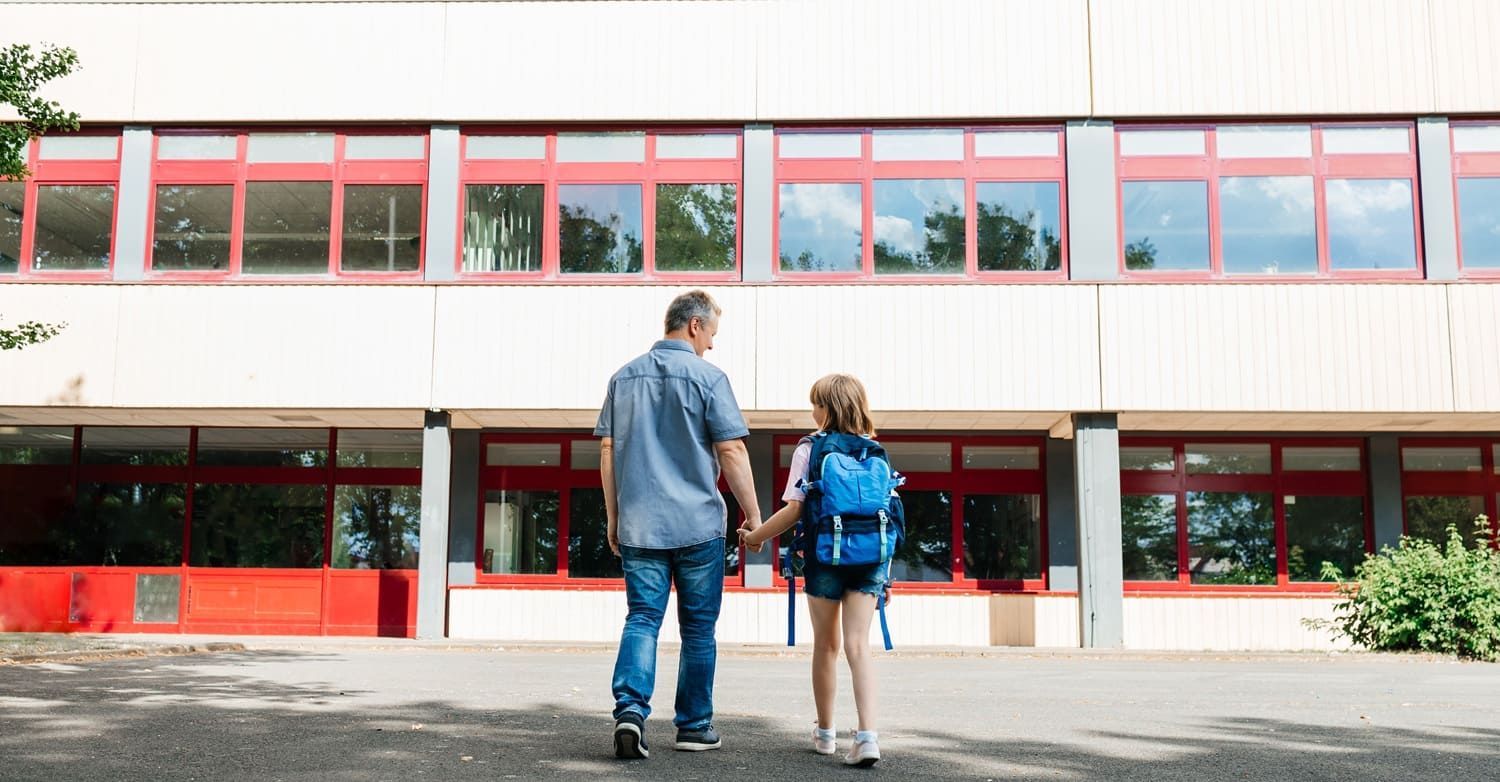
What Are the Key Benefits of Window Tinting for Schools, Clinics, and Offices?
Window tinting offers several benefits tailored for schools, clinics, and offices. It stabilizes indoor temperatures, reducing HVAC loads and energy bills. Specialized films block harmful ultraviolet (UV) rays that can damage furnishings and skin, while privacy films secure sensitive information. Glare reduction enhances comfort and productivity by minimizing reflections on screens and whiteboards.
How Does Window Tinting Improve Energy Efficiency in Commercial Buildings?
By reducing the heat that enters through windows, tinting minimizes the need for cooling during warmer months and helps maintain a consistent indoor climate. Energy-saving films can reflect up to 70% of the sun’s infrared light, reducing air conditioning usage and cutting costs.
In What Ways Does UV Protection Window Tinting Enhance Health and Safety?
UV protection films block up to 99% of harmful ultraviolet rays, preventing interior degradation and reducing risks like skin cancer and eye strain. This is particularly important in spaces with large glass areas where occupants are exposed to high levels of UV radiation.
How Do Privacy Window Films Support Confidentiality in Clinics and Offices?
Privacy films restrict the viewing angle from the outside, ensuring sensitive information remains confidential. In clinics and offices, these films help safeguard patient records and proprietary data while still allowing natural light to illuminate the space.
Why Is Glare Reduction Important for Comfort and Productivity?
Glare reduction films minimize reflections from sunlight on screens and whiteboards, reducing eye strain. In environments where digital displays and teaching tools are frequently used, these films contribute to a more productive and comfortable workspace.
Which Types of Window Films Are Best Suited for Schools, Clinics, and Offices?
Choosing the right film depends on the institution’s specific needs. Films are available to address energy consumption, UV damage, and privacy concerns. The optimal choice depends on the building’s design, light exposure, and operational requirements.
What Are Energy-Efficient Window Films and How Do They Work?
Energy-efficient films reflect solar heat and moderate temperature fluctuations. Advanced coatings and metallized layers reduce heat gain in summer and heat loss in winter, lowering utility bills and carbon footprint. Many feature low-emissivity (low-E) properties for added thermal insulation.
How Do UV Protection Films Block Harmful Rays?
These films use chemical compounds to intercept ultraviolet radiation before it passes through the glass. By absorbing or reflecting up to 99% of UV rays, they protect interior furnishings from fading and reduce health risks for building occupants.
What Privacy Window Film Options Are Available for Clinics?
Clinics can choose from one-way mirror films, which allow interior visibility while appearing reflective outside during the day, or frosted films, which obscure clear views while still letting diffused light through. Both options help protect patient confidentiality and sensitive information.
How Do Glare Reduction Films Improve Indoor Environments?
Designed to diffuse light, glare reduction films lessen the intensity of reflections on digital screens and work surfaces. This controlled ambient light is crucial in office and educational settings, where it improves screen clarity, reduces eye strain, and enhances overall concentration.
How to Choose the Right Window Tinting Solution for Your School, Clinic, or Office?
Choosing the ideal tinting solution involves evaluating the institution’s specific demands alongside the benefits of various films. Key factors include energy efficiency, privacy, light control, and budget considerations. The goal is to balance these elements to preserve natural light while obtaining optimal protection and savings.
What Factors Should Influence Your Window Film Selection?
Consider the following: - Geographic location and climate, which impact energy-saving needs. - Building orientation and window size, which affect sunlight exposure. - Security and privacy requirements, especially in sensitive environments. - Aesthetic impact and compatibility with modern design. - Return on investment through energy and maintenance savings.
How to Balance Privacy, Energy Savings, and Natural Light?
A layered approach can be effective. For example, using energy-efficient films on large glass facades combined with privacy films in conference rooms can ensure abundant natural light while protecting sensitive areas. Films with dual properties may provide both partial privacy and energy savings.
When Is Professional Installation Necessary?
For large-scale properties, professional installation ensures a smooth application and lasting performance. Experts handle surface preparation, precise measurements, and application techniques, reducing bubbles and creases while conducting post-installation checks.
What Is the Window Tinting Installation Process for Schools, Clinics, and Offices?
The installation process involves several steps: preparation, precise measurement, film application, and a final quality check to ensure proper adherence and function.
How Long Does Professional Window Tinting Take?
Installation typically takes one to three days, depending on the building size and number of windows. In schools and offices, work is often scheduled during off-hours to minimize disruptions.
What Are the Steps Involved in a Quality Installation?
A quality installation includes: 1. Pre-installation assessment — measuring and cleaning. 2. Cutting the film to fit exactly. 3. Application using specialized tools. 4. Post-installation inspection for bubbles or creases. 5. Providing maintenance guidance.
How to Maintain and Care for Window Films After Installation?
Routine cleaning with non-abrasive tools and mild detergents preserves the film’s appearance and performance. Avoid harsh chemicals, and conduct regular inspections to address any peeling or bubbling early.
How Much Does Window Tinting Cost for Schools, Clinics, and Offices?
Costs depend on the installation size, film type, and project complexity. Although initial costs can be high, long-term savings on energy bills, HVAC maintenance, and interior furnishings often justify the investment.
What Are the Typical Price Ranges for Different Window Films?
Price ranges typically are:
- Energy-efficient films: $8 to $15 per square foot.
- UV protection films: $10 to $18 per square foot.
- Privacy films: $12 to $20 per square foot.
- Glare reduction films: $8 to $14 per square foot.
Installers factor window area and complexity to provide an accurate quote.
How Does Energy Savings Offset Initial Installation Costs?
Energy-efficient films can reduce cooling costs by 20-30%, leading to substantial annual savings. These savings can recover the initial investment in a few years while also reducing HVAC maintenance expenses.
Are There Financing or Incentive Options Available?
Many providers offer financing plans and incentive programs. Local governments and energy organizations may also provide rebates or tax incentives, making the investment more accessible.
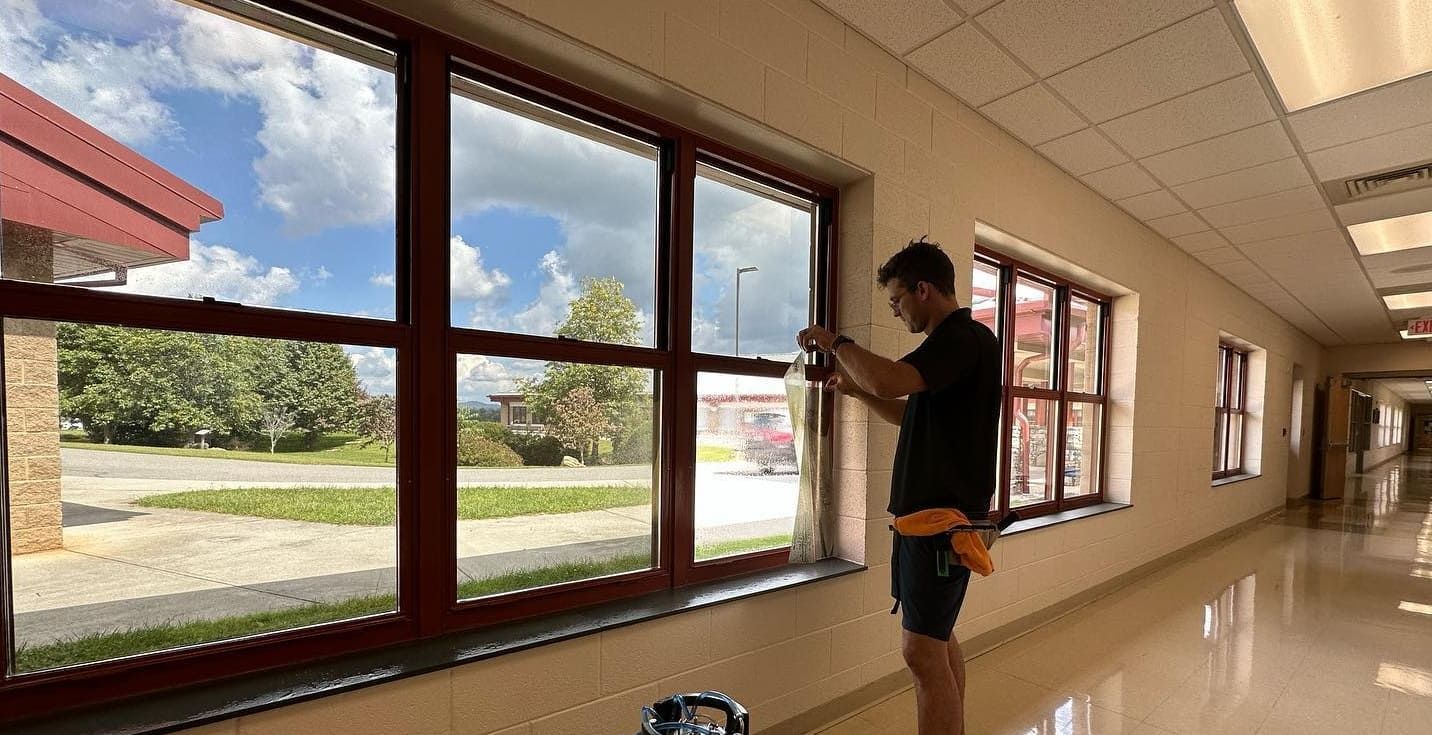
What Are Real-Life Examples of Window Tinting Benefits in Schools, Clinics, and Offices?
Several case studies illustrate the benefits of window tinting. Schools have seen improved classroom comfort and lower energy bills; clinics report enhanced privacy and reduced glare; offices note decreased eye strain and increased productivity.
How Have Schools Improved Comfort and Reduced Energy Bills?
Some schools experienced up to a 25% reduction in energy bills by maintaining steady indoor temperatures and reducing HVAC usage. This creates a more conducive learning environment.
What Privacy Enhancements Have Clinics Experienced?
Clinics using privacy films enjoy better patient confidentiality, with sensitive areas shielded from external views. This has led to improved patient satisfaction and a more secure environment.
How Have Offices Increased Productivity Through Glare Reduction?
In offices, glare reduction films have boosted productivity by decreasing screen reflections and eye strain. Employees report enhanced visual comfort and more focused work output.
Comparison of Window Tinting Benefits
Before the table, note that different films contribute uniquely to a building's functionality. The table below summarizes key attributes and benefits:
| Window Film Type | Key Attribute | Primary Benefit | Industry Example |
|---|---|---|---|
| Energy-Efficient Film | Reflects solar heat | Reduces HVAC costs, stabilizes temperatures | Urban schools, corporate offices |
| UV Protection Film | Blocks up to 99% UV rays | Enhances health, prolongs interior life | Clinics, museums |
| Privacy Film | One-way mirror effect | Ensures confidentiality, protects sensitive data | Clinics, law offices |
| Glare Reduction Film | Diffuses incoming light | Minimizes screen glare, boosts productivity | Offices, educational institutions |
The table highlights how each film offers distinct advantages in various settings.
What Are Common Questions About Window Tinting for Schools, Clinics, and Offices?
Below are some frequently asked questions addressing duration, removal, and environmental concerns.
How Long Does Window Tinting Last in Commercial Settings?
Commercial window films typically last between 10 to 15 years if properly maintained. Regular cleaning and inspections help preserve their performance over time.
Can Window Films Be Removed or Replaced Easily?
Yes, though professional help is recommended to avoid damaging the glass. The removal involves careful heating and peeling, followed by precise reinstallation if needed.
Are Window Films Safe and Environmentally Friendly?
Designed with non-toxic materials, most films are safe and eco-friendly. They contribute to energy savings and reduce environmental impact by lowering overall energy consumption.
Frequently Asked Questions
How do window films contribute to sustainability in commercial buildings?
They reduce energy consumption by stabilizing indoor temperatures, which lowers HVAC usage and greenhouse gas emissions.
Can window tinting improve the aesthetic appearance of a building?
Yes, modern films enhance exterior design while providing energy savings and UV protection.
What should a business owner consider when selecting a window tinting service?
Key factors include film quality, installation expertise, cost-effectiveness, and post-installation support.
Is professional installation necessary for high-rise buildings?
Absolutely—high-rise installations require specialized techniques for uniform application and compliance with safety codes.
Can window films help reduce fading of interior furnishings?
Yes, by blocking up to 99% of UV rays, they protect furniture, artwork, and carpeting from fading.
Final Thoughts
Window tinting for schools, clinics, and offices stands out as a multifunctional solution that enhances energy efficiency, promotes health and safety, secures privacy, and boosts productivity by reducing glare. Beyond immediate aesthetic improvements, tinting provides long-term savings through reduced energy consumption and HVAC maintenance. With a variety of specialized films available, institutions can select products that best meet their operational needs and design preferences.
Trust EcoArc Home & Office Window Tinting, Trusted LLumar Vista Window Film installers serving Asheville, NC, Knoxville, TN & Greenville, SC, to help create a safer, more efficient workspace. Contact us today for a free estimate and explore how commercial window tinting can support your goals for comfort, security, and sustainability.
